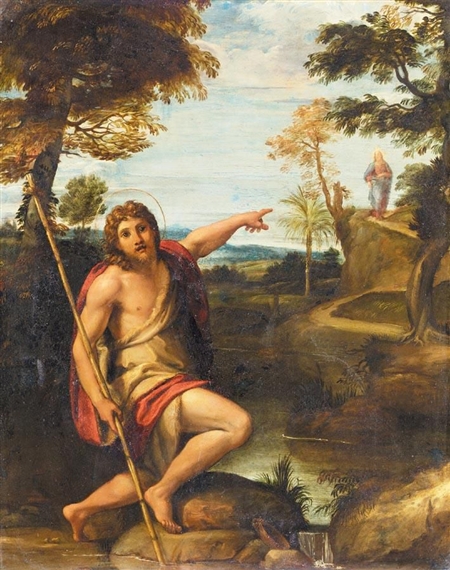III SUNDAY IN ORDINARY TIME - 1 Corinthians 1, 10-13.17
Immediately after the initial greetings and a prayer of thanksgiving, we are made to understand that in Corinth there were serious problems, created by factions that were tearing apart the Christian Community. Those factions were based on personalities, with people claiming to belong to Paul, Apollo, Peter ar Christ. Paul feels embarrassed and in no way wants to be part of those divisions, saying to the Corinthians, “Has Christ been parcelled out? Was it Paul that was crucified for you? Were you baptised in the name of Paul?” And so Paul makes an appeal for unity, asking everyone to speak the same language, "remaining well united, in the same thinking and in the same action".
Divisions in the Church are not new. They have been there since the beginning. Sometimes, they were caused by a different understanding of the doctrine; other times, they were the fruit of groups siding with different people, even without their consent. This was the case in Corinth. In today’s Church, we find people trying to promote the same kind of divisions. There are people who try to put Benedict XVI against Francis. First of all, it must be made clear that Benedict XVI is called pope emeritus, meaning that, being pope in the past, he is no more. He is a private person and his word has only the value of his knowledge. He can make research, but he cannot pronounce an authoritative word coming from the universal shepherd. These are battles brought about by people who try to muddle the situation.
It is true that the Church is going through difficult times. She is like a boat sailing through rough waters, and we get the impression that she may sink at any time, but it has been always like that. As Church, we must never forget that she is built upon Jesus Christ, the cornerstone, and she has the apostles as the foundation. The question is: do we want to transform the Church into a museum for the sake of those who desire to dwell in the past or do we do as the Church always did, that is to make an effort to be relevant for today?
Christ’s message must be proclaimed in a way that is understood. His call to repentance so that we welcome the kingdom of God must be heard again. His disciples must remain faithful in a way that is challenging to the modern world.
Christ’s message must be proclaimed in a way that is understood. His call to repentance so that we welcome the kingdom of God must be heard again. His disciples must remain faithful in a way that is challenging to the modern world.


